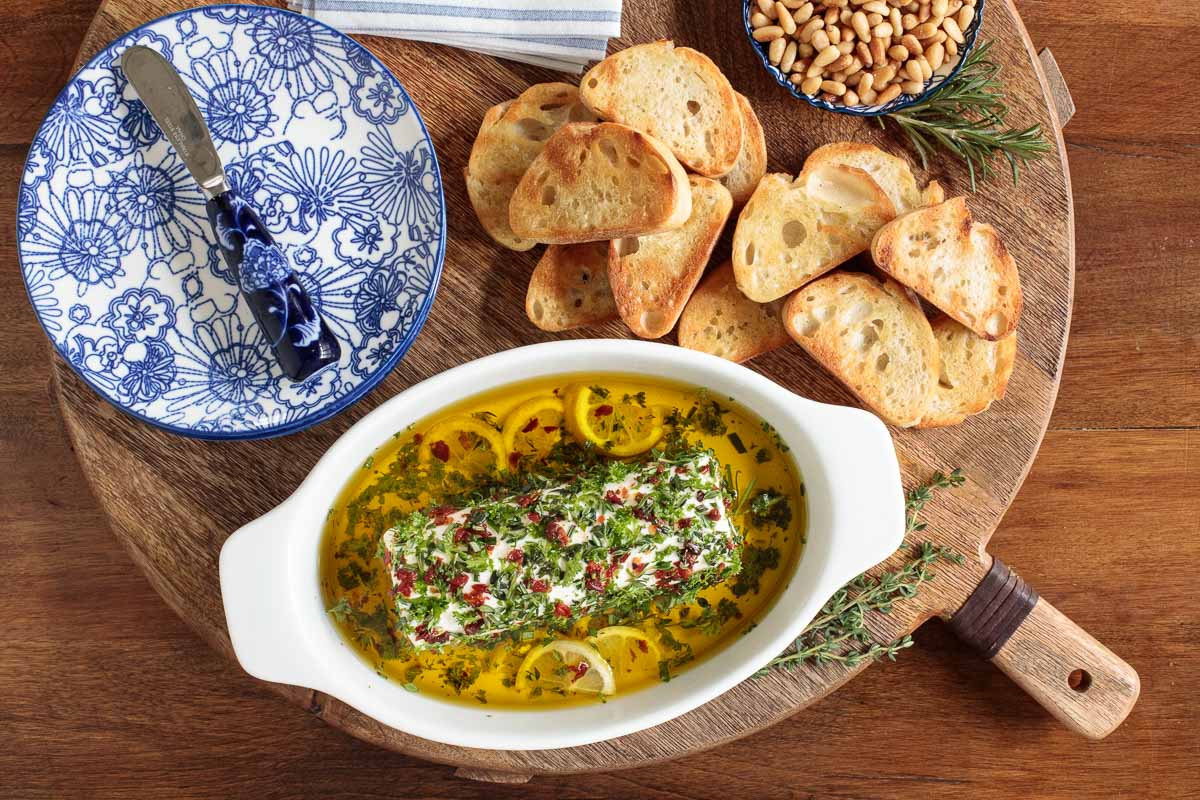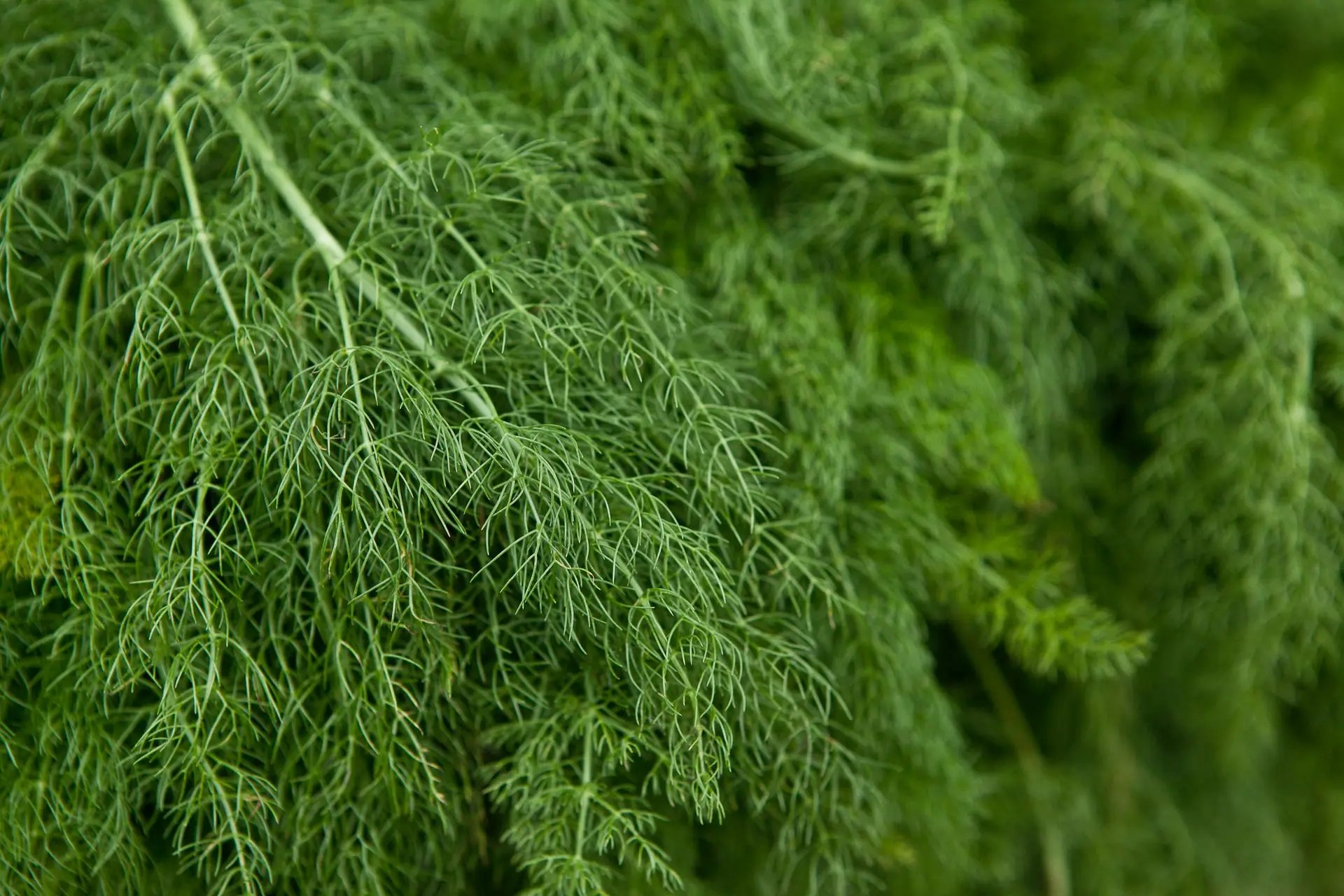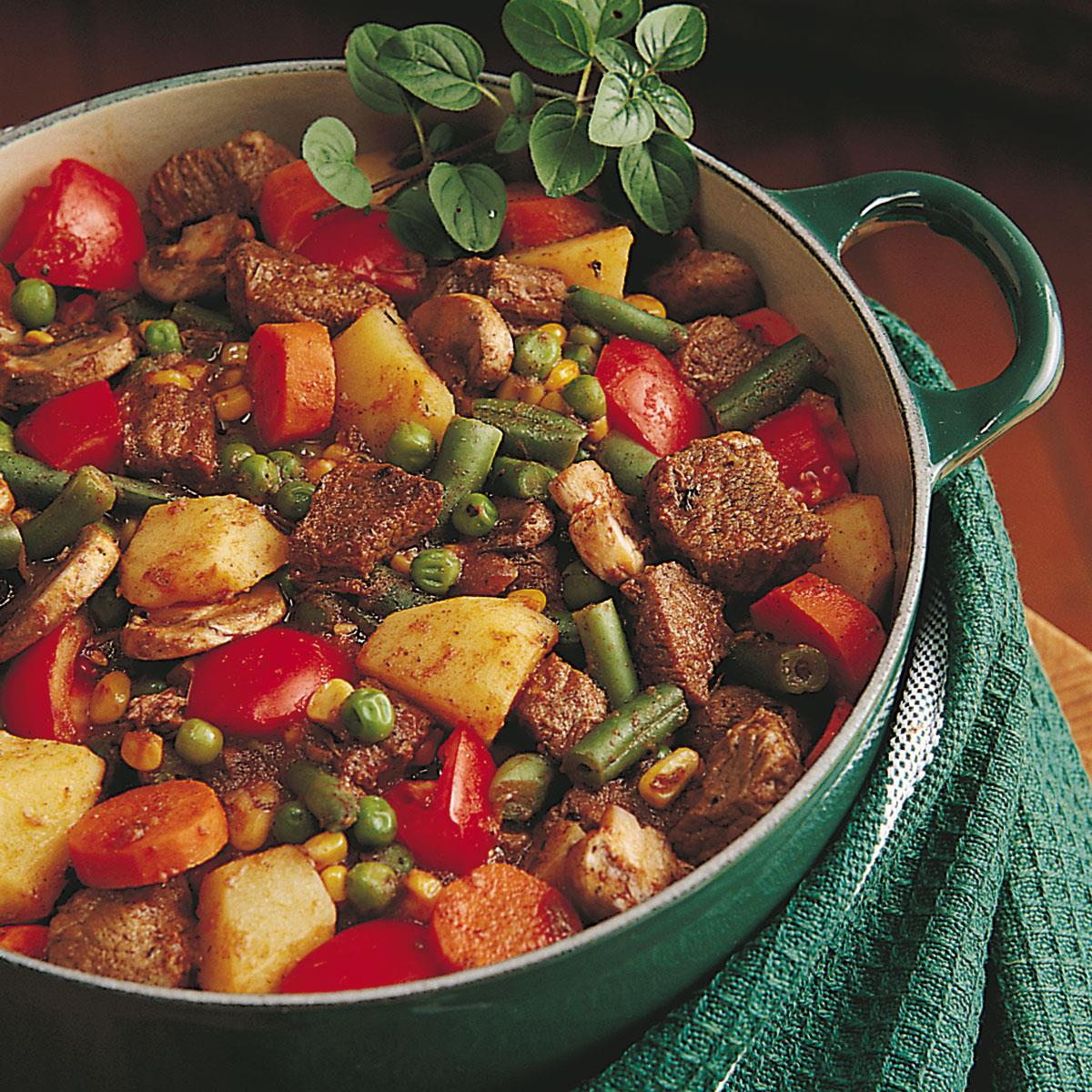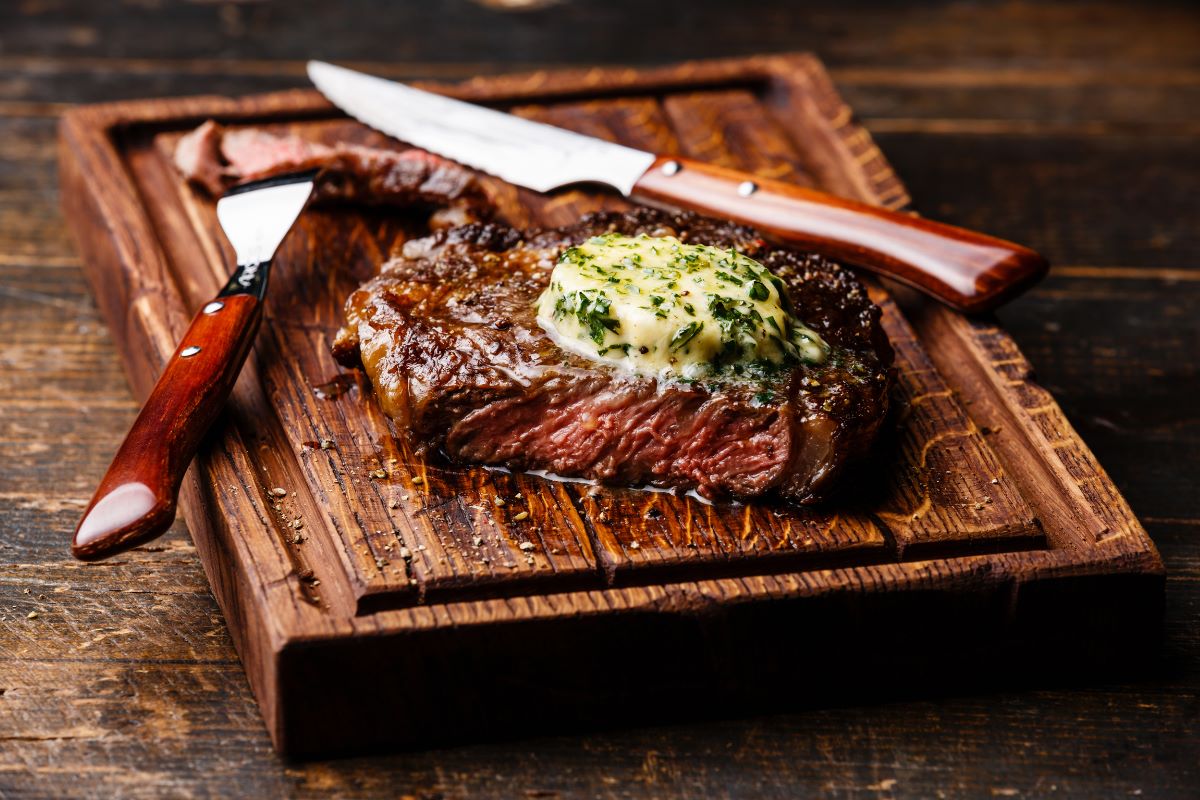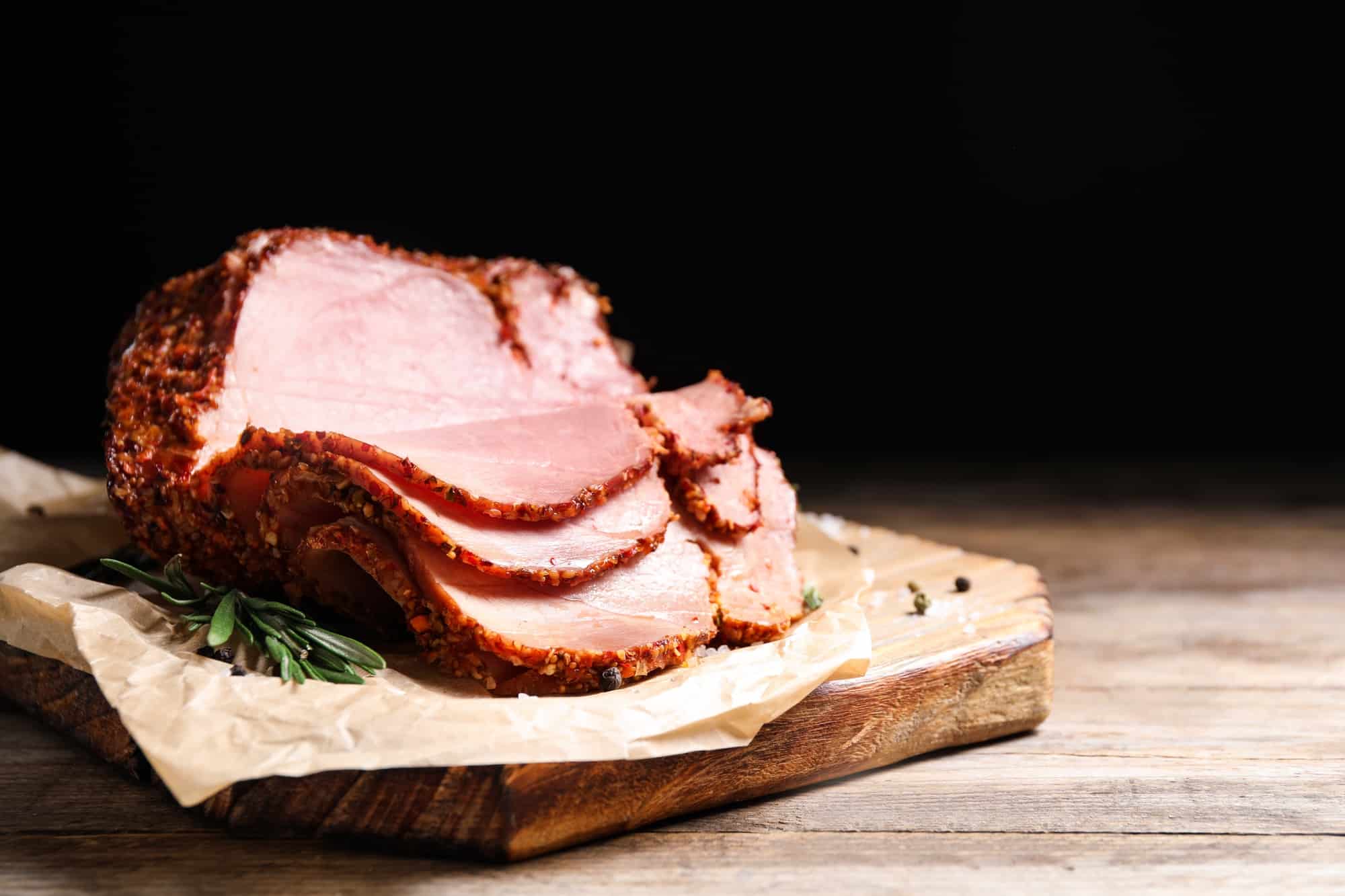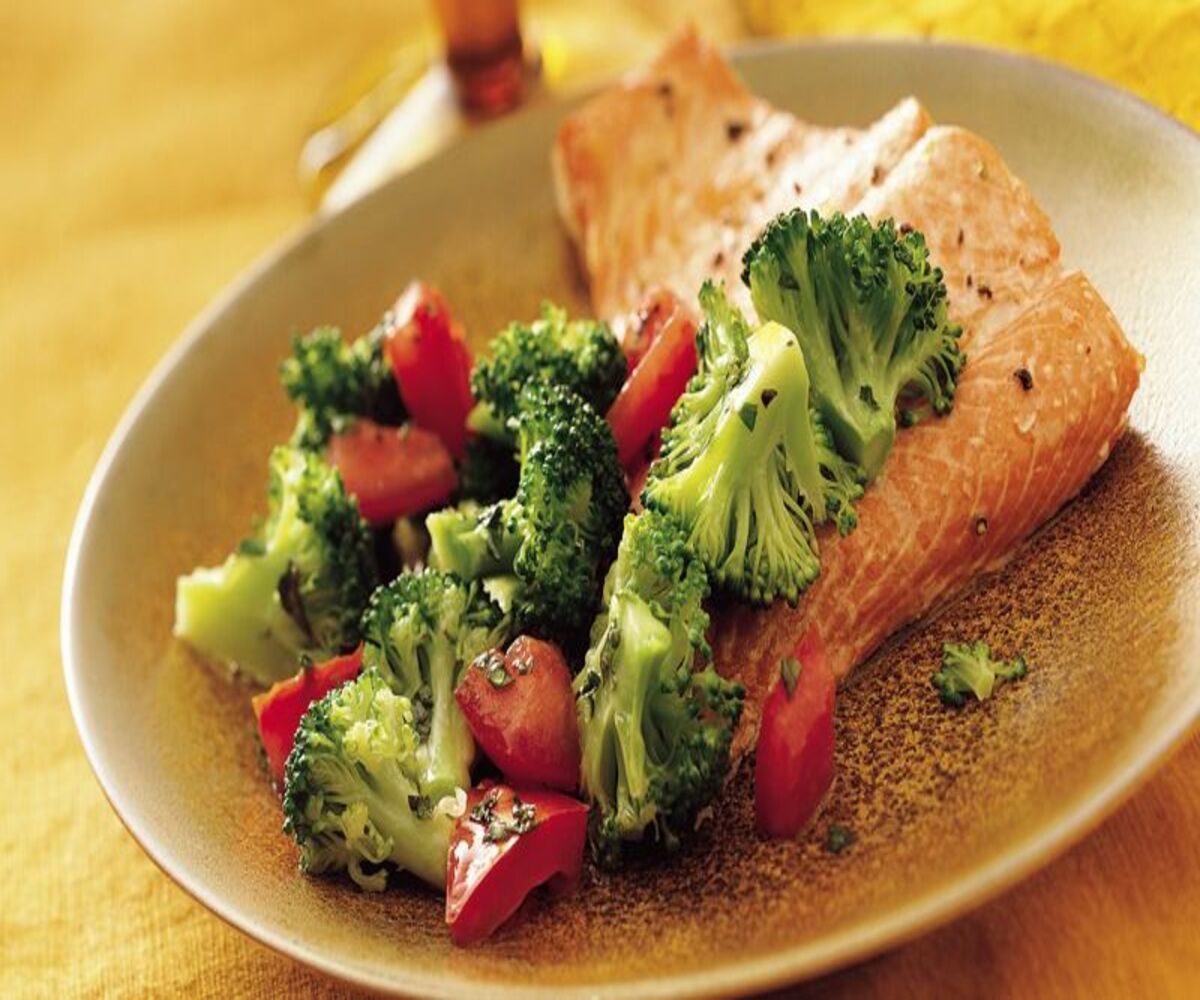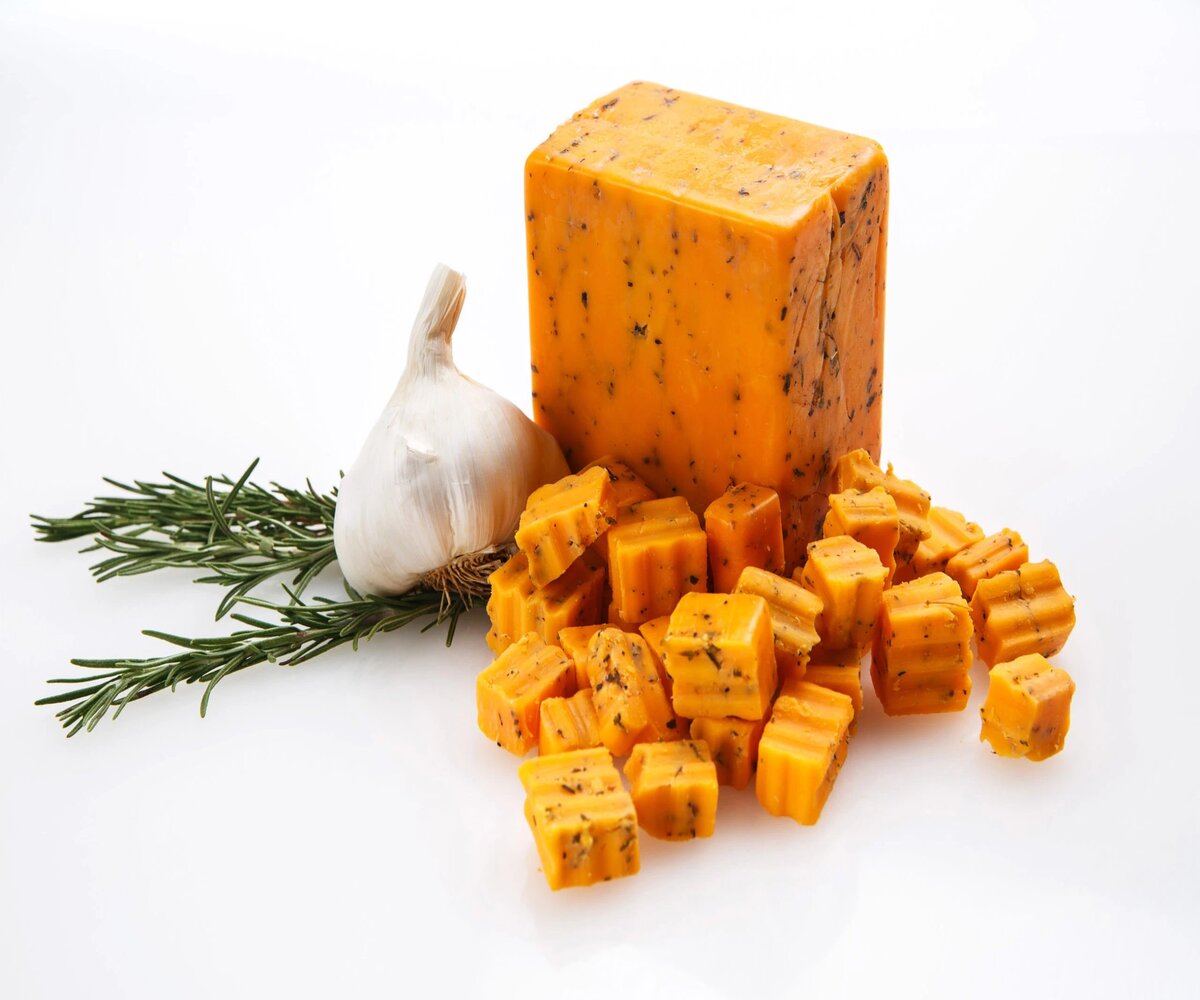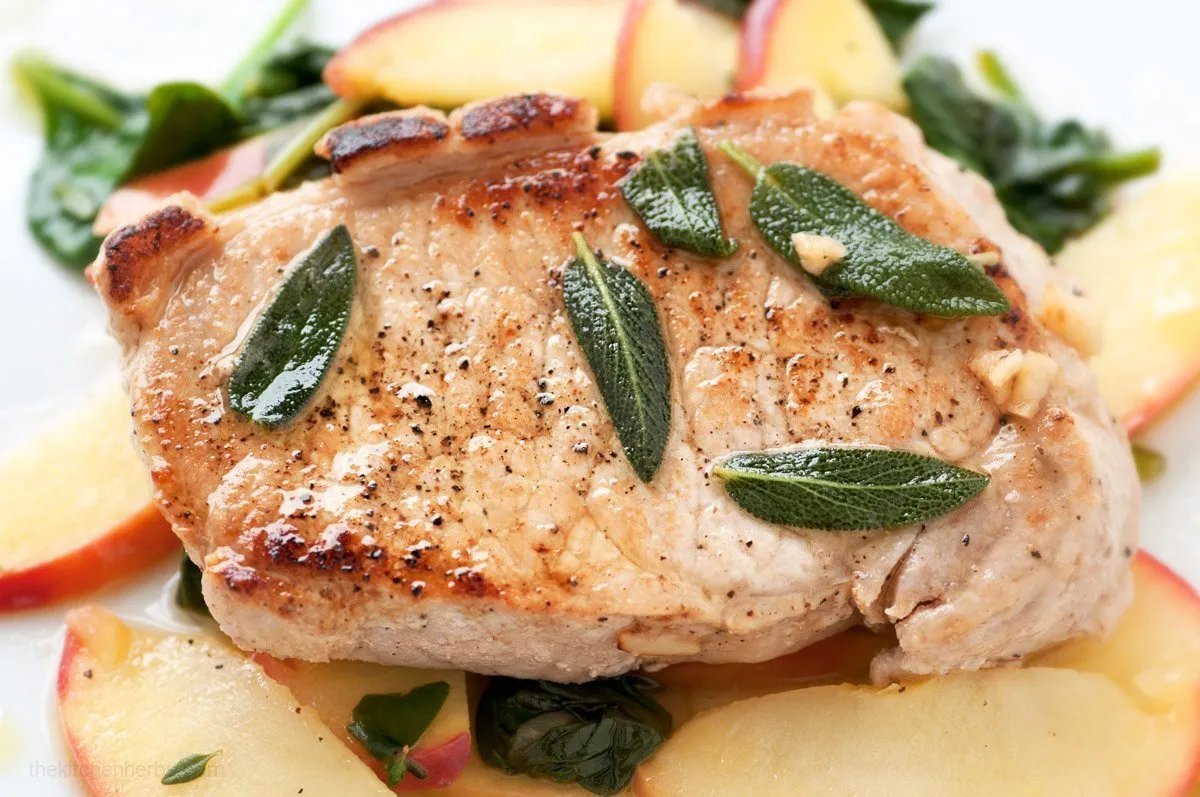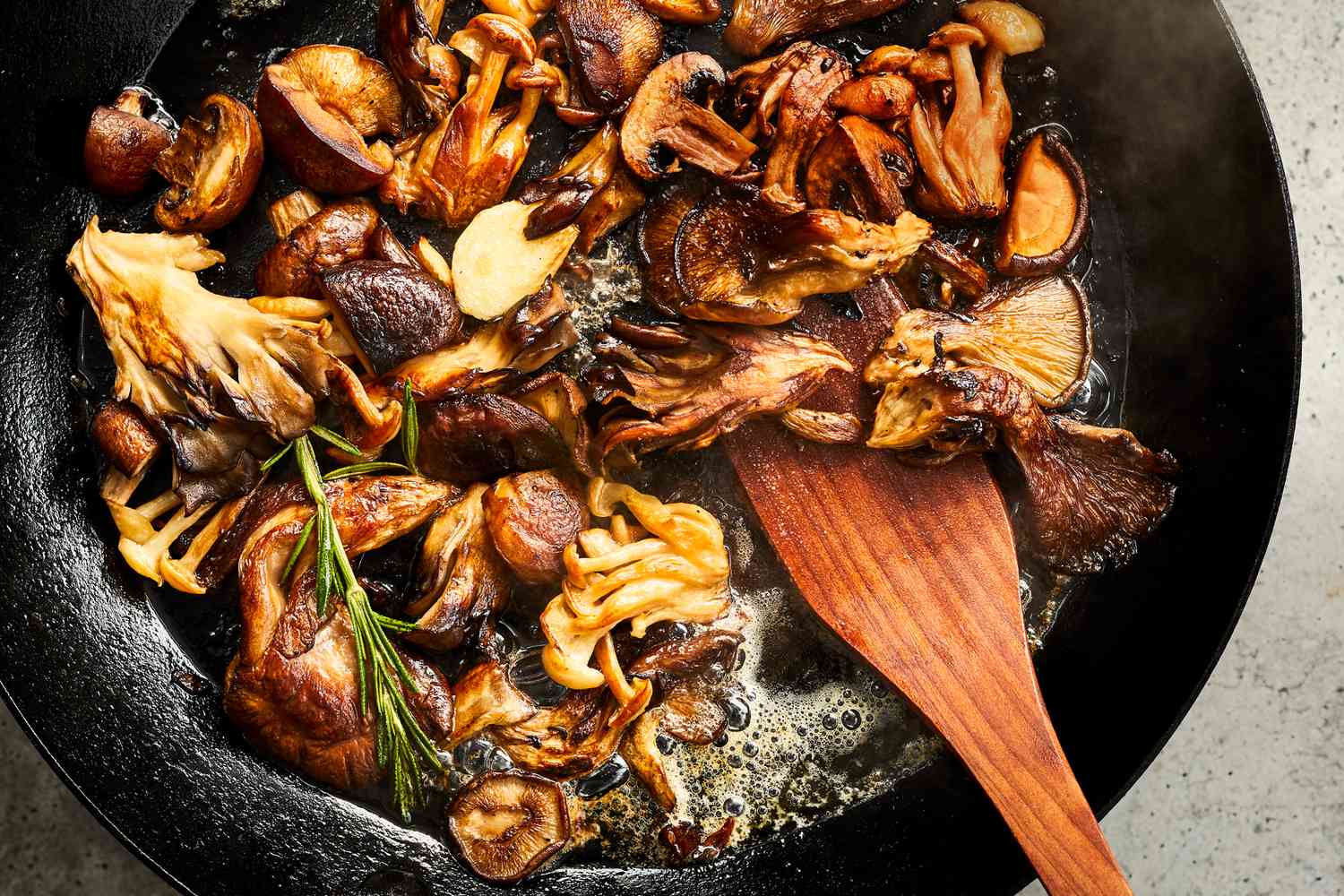Home>Gardening News and Trends>Gardening Trends>What Herbs Go With Eggs
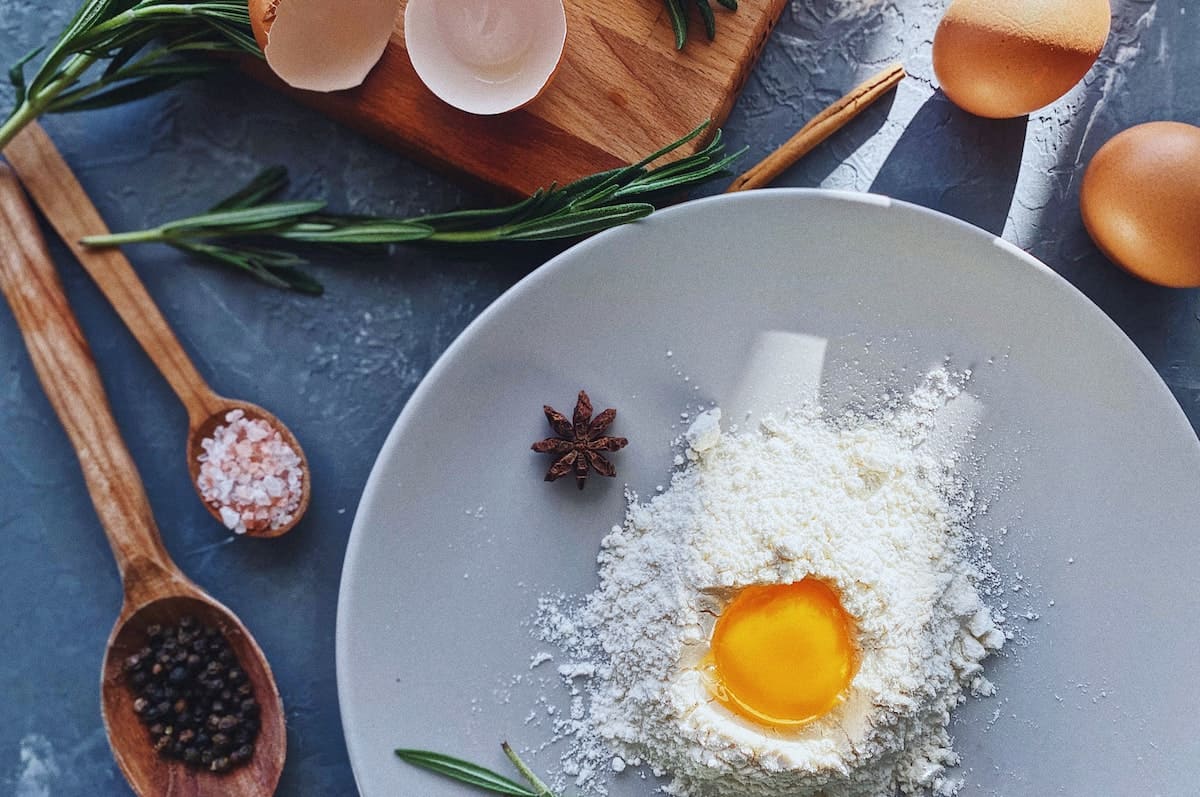

Gardening Trends
What Herbs Go With Eggs
Modified: January 22, 2024
Discover the latest gardening trends and learn which herbs pair perfectly with eggs. Enhance your breakfast dishes with fresh and flavorful herbs from your own backyard.
(Many of the links in this article redirect to a specific reviewed product. Your purchase of these products through affiliate links helps to generate commission for Chicagolandgardening.com, at no extra cost. Learn more)
Introduction
Welcome to the world of herbs and spices! If you’re someone who enjoys cooking and experimenting with flavors, you probably know that the right combination of herbs can elevate any dish to a whole new level. When it comes to pairing herbs with various ingredients, one popular question that often pops up is, “What herbs go with eggs?”
From scrambled eggs to omelettes, quiches, and frittatas, eggs are a versatile ingredient that can be transformed into a delicious meal at any time of the day. Adding herbs to eggs not only enhances their taste but also adds a fresh and aromatic touch. Whether you prefer a subtle hint of flavor or a bold and fragrant combination, there are numerous herbs that pair exceptionally well with eggs.
In this article, we’ll delve into the world of herbs and explore some of the best options for enhancing your egg dishes. From classics like basil and parsley to unique choices like sage and tarragon, we’ll discuss the flavor profiles of each herb and how they complement eggs. So, let’s dive in and discover the ultimate herb and egg combinations that will take your breakfast or brunch to a whole new level!
Basil
Basil is a versatile herb with a distinct aroma and flavor that pairs beautifully with eggs. Its vibrant green leaves and slightly peppery taste make it a popular choice for enhancing the flavors of various dishes. When it comes to eggs, basil adds a delightful freshness and a touch of sweetness.
One classic way to use basil with eggs is in a Caprese omelette. Simply whisk the eggs, add some chopped fresh basil leaves, diced tomatoes, and mozzarella cheese. Cook it up, and you’ll have a flavorful and visually appealing omelette that will impress your taste buds.
If you’re a fan of scrambled eggs, try adding some finely chopped basil to the mixture. The herb will infuse its vibrant flavor and fragrance into the eggs, creating a delightful twist on a breakfast staple.
Another great option is to make a pesto and use it as a topping or filling for your egg dishes. Pesto made with basil, garlic, pine nuts, Parmesan cheese, and olive oil is a match made in heaven with eggs. Spread it on a slice of toasted bread and top it with a fried or poached egg for a delicious and satisfying breakfast.
When using basil with eggs, remember that its delicate flavor can be easily overpowering. Start with a small amount and adjust to your taste. Whether you’re making omelettes, scrambled eggs, or even a quiche, the addition of basil will add an extra layer of freshness and complexity to your dishes.
Chives
When it comes to herbs that go well with eggs, chives are always a top choice. With their delicate onion-like flavor and vibrant green color, they add a subtle yet refreshing taste to any egg dish. Chives are a member of the allium family, which also includes onions, garlic, and leeks.
One of the simplest and most flavorful ways to use chives with eggs is to sprinkle them on top of scrambled eggs or omelettes. The mild onion flavor complements the eggs perfectly, providing a savory and aromatic twist. To add an extra layer of creaminess, you can also mix finely chopped chives into your scrambled eggs along with a dollop of sour cream or cream cheese.
Another popular way to incorporate chives into egg dishes is by making chive-infused butter. Simply finely chop fresh chives and mix them into softened butter. Spread this chive butter on toasted bread or English muffins and top with a poached or fried egg for a delightful breakfast treat.
If you’re a fan of quiches, consider adding chopped chives to the egg mixture along with other ingredients like cheese, bacon, or vegetables. The chives will not only impart a subtle onion flavor but also add a pop of color to the quiche.
When using chives, it’s best to add them towards the end of the cooking process to preserve their delicate flavor. Whether you’re making a simple scramble or a gourmet frittata, chives are an excellent herb choice to enhance the flavor and visual appeal of your egg dishes.
Dill
Dill is a herb known for its fresh and tangy flavor, making it a fantastic pairing with eggs. With its feathery leaves and distinct aroma, dill adds a unique twist to any egg dish, infusing it with a hint of brightness and a subtle hint of licorice-like undertones.
One of the classic combinations using dill and eggs is in a smoked salmon and dill scramble. Whisk your eggs, fold in some flaked smoked salmon, and sprinkle in some fresh dill before cooking. The combination of creamy eggs, smoky salmon, and refreshing dill creates a harmonious and delicious blend of flavors.
Dill is also commonly used in egg salad sandwiches. Chop up some hard-boiled eggs, mix them with mayonnaise, diced pickles, a squeeze of lemon juice, and plenty of fresh dill. Spread this mixture onto your favorite bread, and you’ll have a delightful and flavorful sandwich.
Another way to incorporate dill into your egg dishes is by making a dill-infused yogurt dressing to serve with your eggs. Combine plain yogurt, chopped dill, lemon juice, garlic, and a touch of salt and pepper. Drizzle this tangy and herbaceous dressing over scrambled eggs or a frittata for a burst of refreshing flavor.
When working with dill and eggs, it’s important to note that its delicate flavor can be easily overpowered if cooked for too long or at high temperatures. Add dill towards the end of the cooking process to ensure its flavors are preserved. Whether you’re making a classic dill scramble, a creamy egg salad, or an herby yogurt dressing, dill will provide an intriguing and refreshing twist to your egg dishes.
Parsley
Parsley is a versatile herb that adds a burst of freshness and vibrant flavor to egg dishes. With its bright green color and mild, slightly peppery taste, parsley is a common herb used in a variety of cuisines around the world.
One of the simplest ways to incorporate parsley into your eggs is by using it as a garnish. Finely chop fresh parsley and sprinkle it over scrambled eggs, omelettes, or poached eggs for a pop of color and a refreshing taste. The parsley not only adds visual appeal but also brings a subtle herbal note to the dish.
If you’re looking to elevate the flavors of your scrambled eggs, consider making a parsley pesto. Blend together fresh parsley, garlic, pine nuts, Parmesan cheese, and olive oil until smooth. Stir this vibrant green pesto into your scrambled eggs just before they finish cooking for a burst of herbaceous flavor.
Another traditional egg dish that pairs well with parsley is the classic deviled eggs. After making the filling with egg yolks, mayonnaise, and mustard, add a generous amount of finely chopped parsley. This will not only enhance the flavor of the filling but also add a fresh and vibrant touch to the presentation.
Parsley is also a key ingredient in the famous Middle Eastern dish called shakshuka. This flavorful egg dish consists of poached eggs cooked in a spiced tomato sauce. Just before serving, sprinkle freshly chopped parsley over the top for added freshness and complexity.
When using parsley with eggs, keep in mind that the flavor is strongest in the leaves, so be sure to remove the stems before using. Whether you’re using it as a garnish, making a parsley pesto, or using it in deviled eggs or shakshuka, parsley is a versatile herb that brings a refreshing and aromatic touch to your egg dishes.
Rosemary
Rosemary is a fragrant and flavorful herb that can add a delightful twist to your egg dishes. With its strong pine-like aroma and a slightly peppery taste, rosemary pairs exceptionally well with eggs to create a uniquely savory and aromatic experience.
One popular way to use rosemary with eggs is by adding it to a frittata or quiche. Chop fresh rosemary leaves and sprinkle them into the egg mixture along with other ingredients like cheese, vegetables, or cooked meats. The distinct flavor of rosemary will infuse into the dish, lending a delightful earthiness.
If you prefer a classic combination, rosemary can be incorporated into your scrambled eggs. Simply chop fresh rosemary leaves and add them to the eggs before scrambling. The herb will infuse its aroma and flavor into the eggs, resulting in a satisfying and aromatic breakfast.
For a unique twist, try making rosemary-infused olive oil and drizzle it over your egg preparations. Heat olive oil in a pan with a sprig or two of rosemary until fragrant, then strain the oil and use it to cook your eggs. The subtle essence of rosemary will elevate the flavors while adding a touch of sophistication.
If you’re feeling adventurous, experiment with rosemary in an egg and potato hash. Sauté diced potatoes with onions and rosemary until golden and crisp, then crack eggs on top and let them cook until the whites set. The combination of rosemary-infused potatoes and eggs creates a hearty and flavorful dish.
When using rosemary with eggs, keep in mind that the flavor can be quite strong, so start with a small amount and adjust to your taste. Whether you’re making frittatas, scrambled eggs, or a flavorful egg and potato hash, the addition of rosemary will bring a memorable and aromatic experience to your egg dishes.
Sage
Sage is an aromatic herb with a warm and peppery flavor that pairs wonderfully with eggs. With its distinct flavor profile, sage can add depth and richness to your egg dishes, making them more robust and flavorful.
One classic way to incorporate sage into your eggs is by making a sage-infused brown butter. Melt butter in a pan and add a few fresh sage leaves. Let the butter cook until it turns a golden brown color and the sage releases its aroma. Drizzle this flavorful brown butter over scrambled eggs or an omelette for a luxurious and savory experience.
If you’re a fan of stuffed eggs, try mixing finely chopped sage into the egg yolk filling. The herb adds an earthy and slightly bitter note that balances well with the creamy egg mixture. Garnish with a fried sage leaf for an elegant presentation.
For a unique twist, make a sage and cheese frittata. Whisk eggs with shredded cheese and fresh sage, then cook it in a skillet until the eggs set. The combination of the aromatic sage and melting cheese creates a savory and satisfying dish that is perfect for any meal of the day.
If you enjoy baking, sage can also be incorporated into savory herb and cheese scones or biscuits that can be served alongside your eggs. The herbaceous flavor of sage adds a sophisticated touch to these baked goods, enhancing the overall flavor profile of your meal.
Remember that sage has a strong flavor, so use it sparingly. Start with a small amount and increase as desired. Whether you’re making a sage-infused brown butter, stuffing eggs, making a frittata, or baking savory scones, the addition of sage will bring a unique and aromatic dimension to your egg dishes.
Tarragon
Tarragon is a delicate and aromatic herb that adds a unique flavor to egg dishes. With its subtle anise-like taste and a hint of sweetness, tarragon can elevate the flavors of your eggs, providing a touch of sophistication and a pleasant herbal note.
One classic way to use tarragon with eggs is in a creamy tarragon sauce. Melt butter in a saucepan, add minced garlic, and stir in chopped tarragon leaves. Whisk in some heavy cream and let the sauce simmer until it thickens. Pour this luscious tarragon sauce over poached or scrambled eggs for a rich and flavorful experience.
If you’re a fan of quiches, consider adding tarragon to your egg and filling mixture. The herb pairs well with ingredients like mushrooms, leeks, or chicken, adding a unique touch to the overall flavor profile. The anise-like flavor of tarragon can create a pleasant contrast in savory quiches.
Tarragon also works well in herb-infused oils or vinegars. Combine tarragon leaves and olive oil or vinegar in a glass bottle and let it infuse for several days. Use the resulting tarragon-infused oil or vinegar to dress your eggs or drizzle it over an egg salad for a burst of fresh flavor.
For a unique twist, try making a tarragon and goat cheese omelette. Whisk eggs, fold in crumbled goat cheese, and sprinkle chopped tarragon leaves over the top. Cook the omelette until the eggs are set and the cheese is melted. The combination of tangy goat cheese and aromatic tarragon creates a delightful and vibrant flavor profile.
Remember that tarragon has a delicate flavor, so be sure not to overpower your dishes. Start with a small amount and adjust to your taste. Whether you’re making a creamy tarragon sauce, adding it to quiches, infusing oils or vinegars, or creating a unique omelette, tarragon will add a touch of elegance and a distinctive herbal note to your egg dishes.
Thyme
Thyme is a versatile herb that pairs beautifully with eggs, adding a subtle yet distinctive flavor. With its earthy and slightly floral taste, thyme can enhance the flavors of your egg dishes, creating a comforting and aromatic experience.
One classic way to incorporate thyme into your eggs is by adding it to a baked frittata or quiche. Sprinkle fresh thyme leaves over the egg and filling mixture before baking. As the dish cooks, the thyme infuses its flavors into the eggs, creating a delightful herbal note that complements the other ingredients.
If you’re a fan of scrambled eggs, try adding some finely chopped fresh thyme leaves to the mixture. The herb will add a subtle earthiness and a hint of floral aroma, elevating the overall flavor profile of the eggs.
Thyme also works well in herb-infused oils or vinegars. Combine thyme leaves with olive oil or vinegar in a jar and let it infuse for a few days. Use the resulting thyme-infused oil or vinegar to dress your eggs or drizzle it over a salad for a burst of herbal freshness.
For a unique twist, try making a potato and thyme omelette. Sauté sliced potatoes in a pan until golden, then pour beaten eggs seasoned with fresh thyme over the potatoes. Cook until the eggs are set, and the result is a hearty and flavorful omelette with a touch of earthiness from the thyme.
When using thyme with eggs, keep in mind that a little goes a long way. Thyme has a potent flavor, so start with a small amount and adjust to your taste. Whether you’re making a baked frittata or quiche, adding it to scrambled eggs, infusing oils or vinegars, or creating a potato and thyme omelette, thyme will provide a lovely and aromatic addition to your egg dishes.
Conclusion
Exploring the world of herbs and their compatibility with eggs opens up a world of endless culinary possibilities. From the classic basil and parsley to the unique flavors of dill, rosemary, sage, tarragon, and thyme, each herb brings its unique fragrance and taste to egg dishes.
These herbs not only add depth and complexity to the flavors of eggs but also provide visual appeal and elevate the overall dining experience. Whether you’re whisking them into scrambled eggs, folding them into omelettes, or incorporating them into quiches and frittatas, the addition of herbs can transform a simple egg dish into a gourmet masterpiece.
Experimentation is key when it comes to creating delicious herb and egg combinations. Don’t be afraid to mix and match different herbs and ingredients to discover your own unique flavor profiles. The balance between the mild and bold flavors of herbs can create an exciting symphony of tastes that enhance the naturally rich flavors of eggs.
When incorporating herbs into your egg dishes, remember to start with small amounts and adjust to your personal taste preferences. Each herb has its own distinct flavor profile, so it’s important to find the right balance to ensure the herbs complement rather than overpower the eggs.
So the next time you’re preparing eggs for breakfast, brunch, or any other meal, reach for the fresh herbs in your garden or local market. Embrace the versatility and aromatic power of basil, chives, dill, parsley, rosemary, sage, tarragon, and thyme to create unforgettable flavor combinations that will delight your taste buds and impress your guests.
Get creative, have fun, and enjoy the delightful journey of pairing herbs with eggs to unleash a world of culinary delights.
